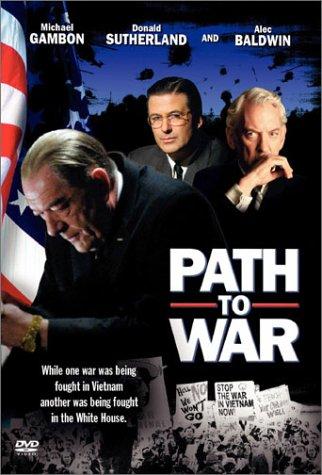Details
Path to War (2002) provides a profound exploration of the political decisions surrounding the Vietnam War during the mid-1960s. President Lyndon B. Johnson and his advisors are at the epicenter of this intense debate, weighing the options of withdrawal or escalation of the conflict.
This gripping drama delves into the complexities and power struggles within the Johnson administration, as crucial figures such as Defense Secretary Robert McNamara and Secretary of State Dean Rusk explore the potential consequences of their actions. As the war intensifies, the President becomes increasingly conscious of its toll on both American soldiers and the nation as a whole.
Through a captivating narrative, Path to War charts the evolution of the President's mindset from his initial reluctance to commit troops to Vietnam, to his eventual decision to increase military involvement. The film encapsulates the ideological struggle between Johnson's desire to pursue domestic policy and the mounting pressures to uphold US global commitments.
Helmed by acclaimed director John Frankenheimer and written by Daniel Giat, Path to War offers a riveting portrayal of the brutal reality and moral dilemmas faced by decision-makers in times of war. It meticulously reconstructs the historical events leading to one of the most controversial wars in American history, providing profound insights into the motivations and ideologies that shaped US policy in Vietnam.
Path to War is a must-watch for history enthusiasts and political drama fans alike. Its powerful performances, compelling script, and historical accuracy make it a thought-provoking exploration of the decision-making process behind one of America's most divisive conflicts.

